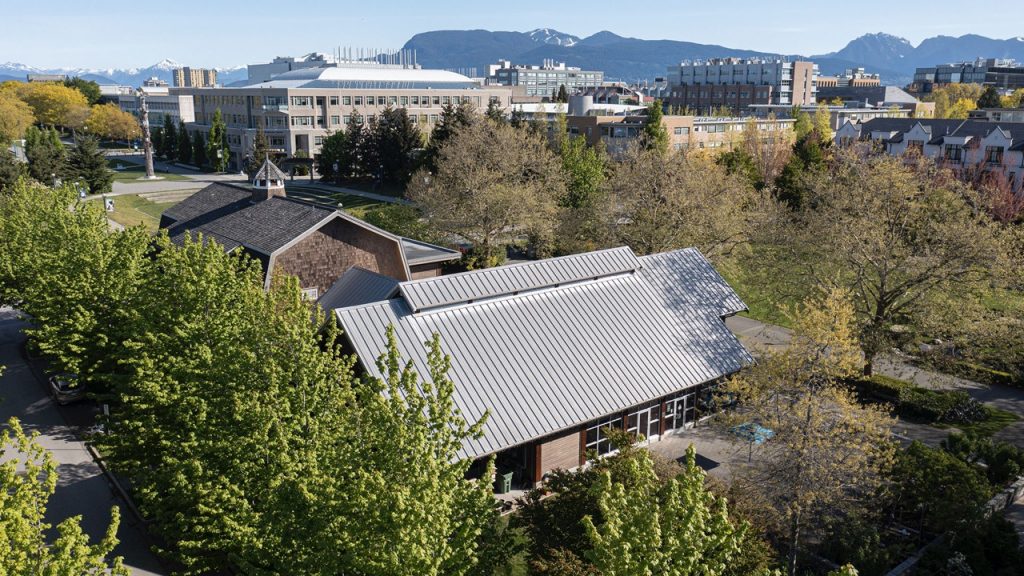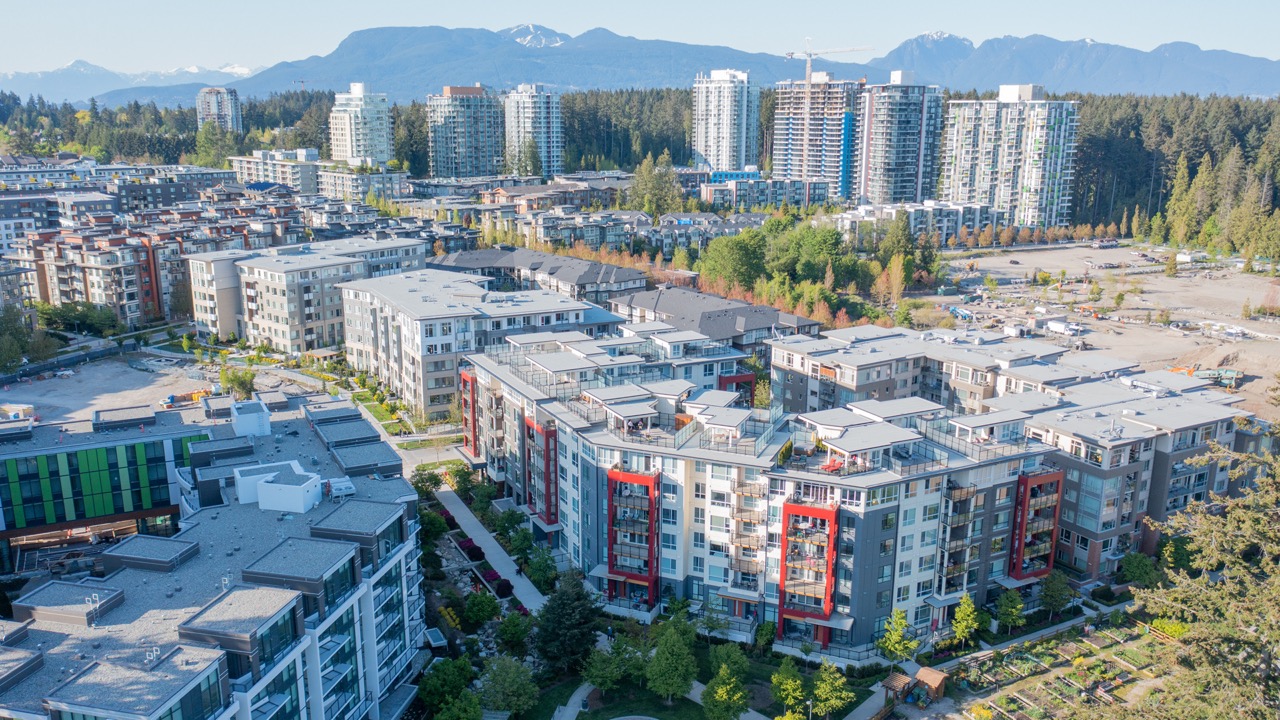UNA director Murray McCutcheon was present at the Nov. 7 public hearing to speak against UBC’s proposed land use plan for the Point Grey campus. The entirety of his speech is reprinted here.
My name is Murray McCutcheon. I have been a resident of the UNA since 2016. I have undergraduate, master’s, and doctoral degrees from UBC. My father has been a professor (now emeritus) for more than 50 years. I work for a UBC spinoff company. And I have been an elected director representing residents on the board of the UNA since 2019.
Needless to say, I have strong ties to this university and I care deeply about its future. It is from this connection that I feel a sense of responsibility, of stewardship, for this public institution.
And I feel compelled to speak against a plan that is based on a failing model of development, is not accountable to community concerns, and ultimately does not serve the long-term needs of the university or this burgeoning municipality.
To understand the driving force behind Campus Vision 2050, you just need to look at where we’re gathered for this public hearing—in the Robert H. Lee Alumni Centre. Robert Lee was profiled in a March 2019 article in the Vancouver Sun entitled, “UBC Turns Land into a River of Gold.” As the pioneer of UBC’s land development model, Robert Lee’s goal was to create an income stream for the university that would flow, like a river of gold, in perpetuity. If the measure of success for this model is building up the endowment, then it is mission accomplished. However, by other measures, it falls seriously short.
This plan is premised on profit over priorities that serve the public interest—namely providing security of housing for UBC faculty, staff, students, and neighbourhood employees; creating an environmentally responsible plan that befits a leading academic institution in the midst of a climate emergency; and building livable neighbourhoods, with ample green space, services, child care, and schools that are the basis of thriving communities.
The problem with the plan is that it is based on an outmoded land development model. Let me ask some questions:
If the development model has been so successful, why are my UBC faculty friends so worried about being able to recruit great colleagues into their departments?
Why are so many postdocs and students struggling to find places to live?
Why is it that UBC has the highest proportion of non-owner-occupied market housing units—49 per cent—in Metro Vancouver, as reported by Andy Yan of Simon Fraser? In other words, half of the units are investor owned. What a lost opportunity!
If UBC believes there is a climate emergency, which it declared in 2019, why is this plan being rushed through before a Neighbourhood Climate Action Plan is in place?
Why are the development planners not accountable to elected representatives?
The lack of meaningful accountability to the public has been evident throughout this planning process. The number that really matters can be found buried in Table 2 on page 17 of the land use plan. The total area of planned development: 16,483,000 square feet. This is a 50 per cent increase above the current plan and will create a residential density greater than downtown. The information was revealed only at the end of the consultation period in May 2022. Since then, it has not changed, but it is now dressed up in a 66-page glossy report.

Let’s call it what it is. UBC set a revenue goal and the rest of the plan is solving for this. There has been no meaningful consultation or accountability for concerns about affordability, about the scale of the development, over the financing objectives, the constraints or opportunities.
The lack of accountability has been evident in how the UNA has been marginalized in this process. Before I was a UNA director, I became involved in land use planning issues as a concerned resident, and I and other residents were given time to address the board of governors directly and to meet with the university president. Our concerns were taken seriously and incorporated into revisions to the Stadium Road plan.
What has been my experience on the board of the UNA, which is the only elected board representing the 15,000 residents? We are “managed” via a liaison committee of the board. Our request to meet with the board of governors was denied. We have repeatedly expressed concerns that represent the feedback from residents. And these concerns have not been addressed.
So you can forgive me for being cynical about this process. Why do I bother? I bother because I feel a sense of responsibility for this place. My fear is that in 2050, people will look back and say, whatever were they thinking?
What would Robert Lee have done? He was an entrepreneur. I think he would have realized that version 1.0 of UBC’s land development model from the 1990s is not suitable for the complex challenges facing the university in the 2020s. He would say, as he told the Vancouver Sun in 2019, “you need an entrepreneur to get it done.” In these times, we need outside-the- box thinking. We need to be creative, to establish a new development model that solves for the problems today and for the future ahead, not double down on an outmoded model that is failing.
You can do better. You have to do better. And that is why I think the province should reject this plan and send UBC back to the drawing board.
MURRAY McCUTCHEON IS A DIRECTOR OF THE UNA AND A UNIVERSITY NEIGHBOURHOOD RESIDENT.
